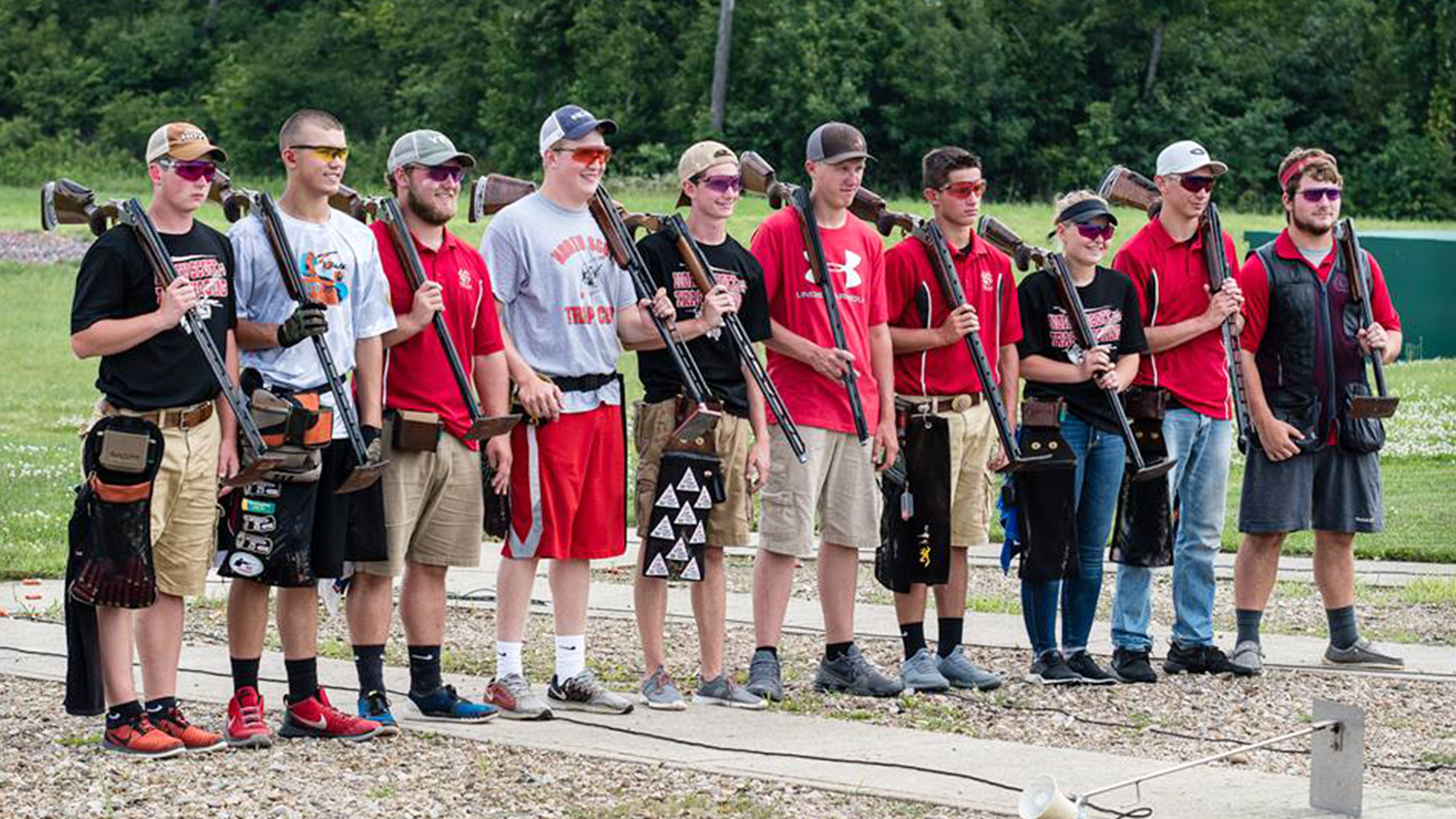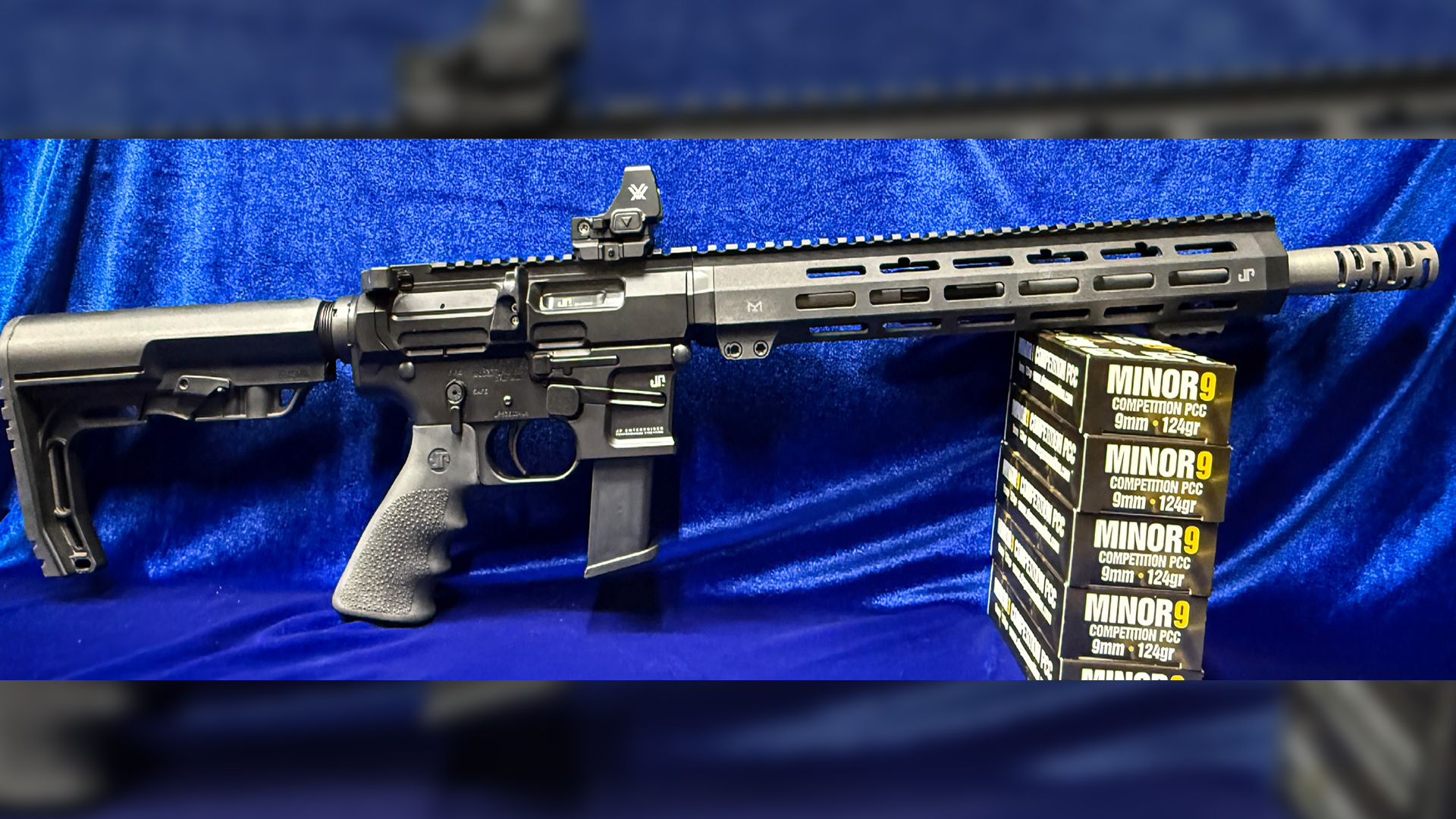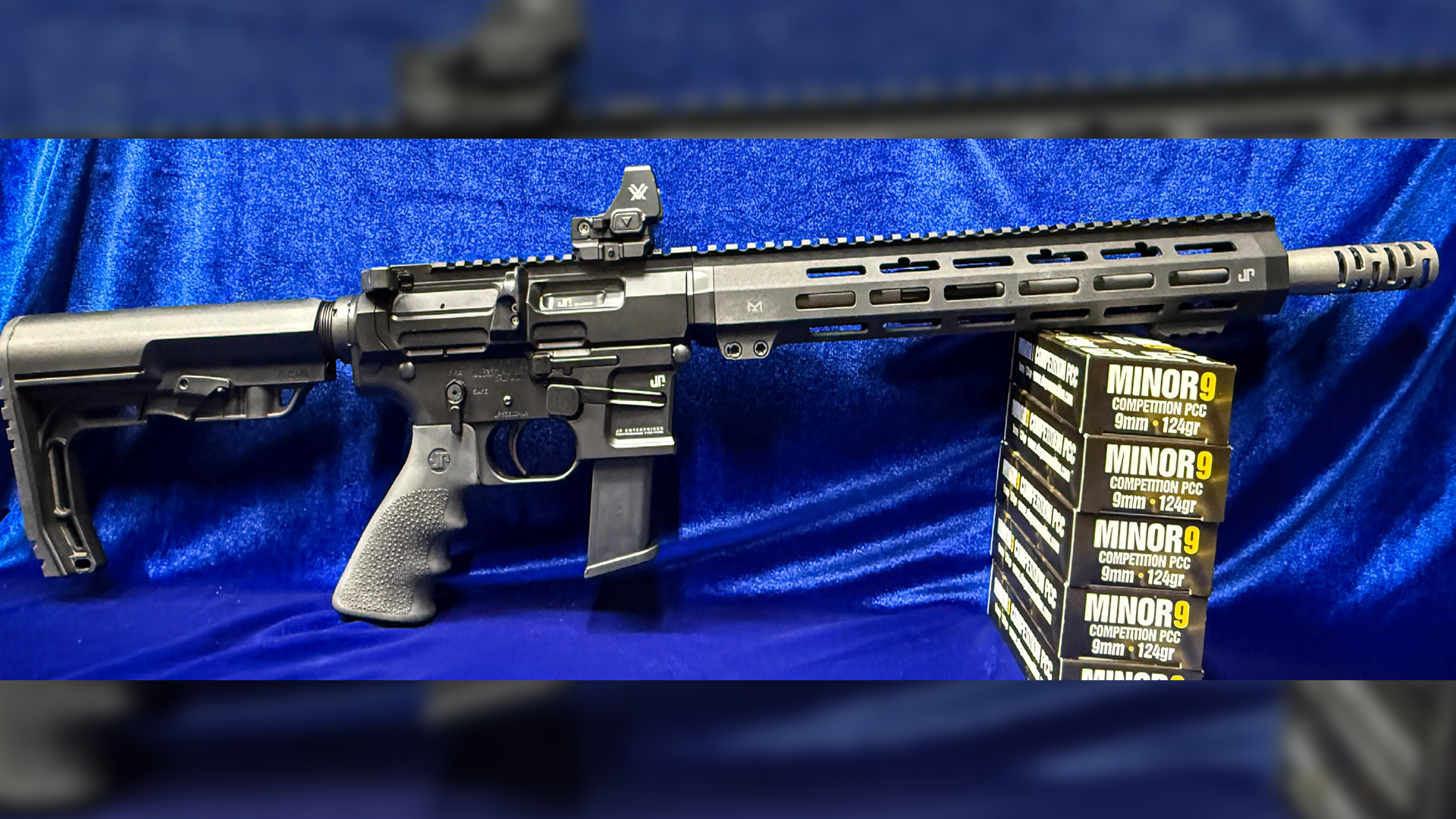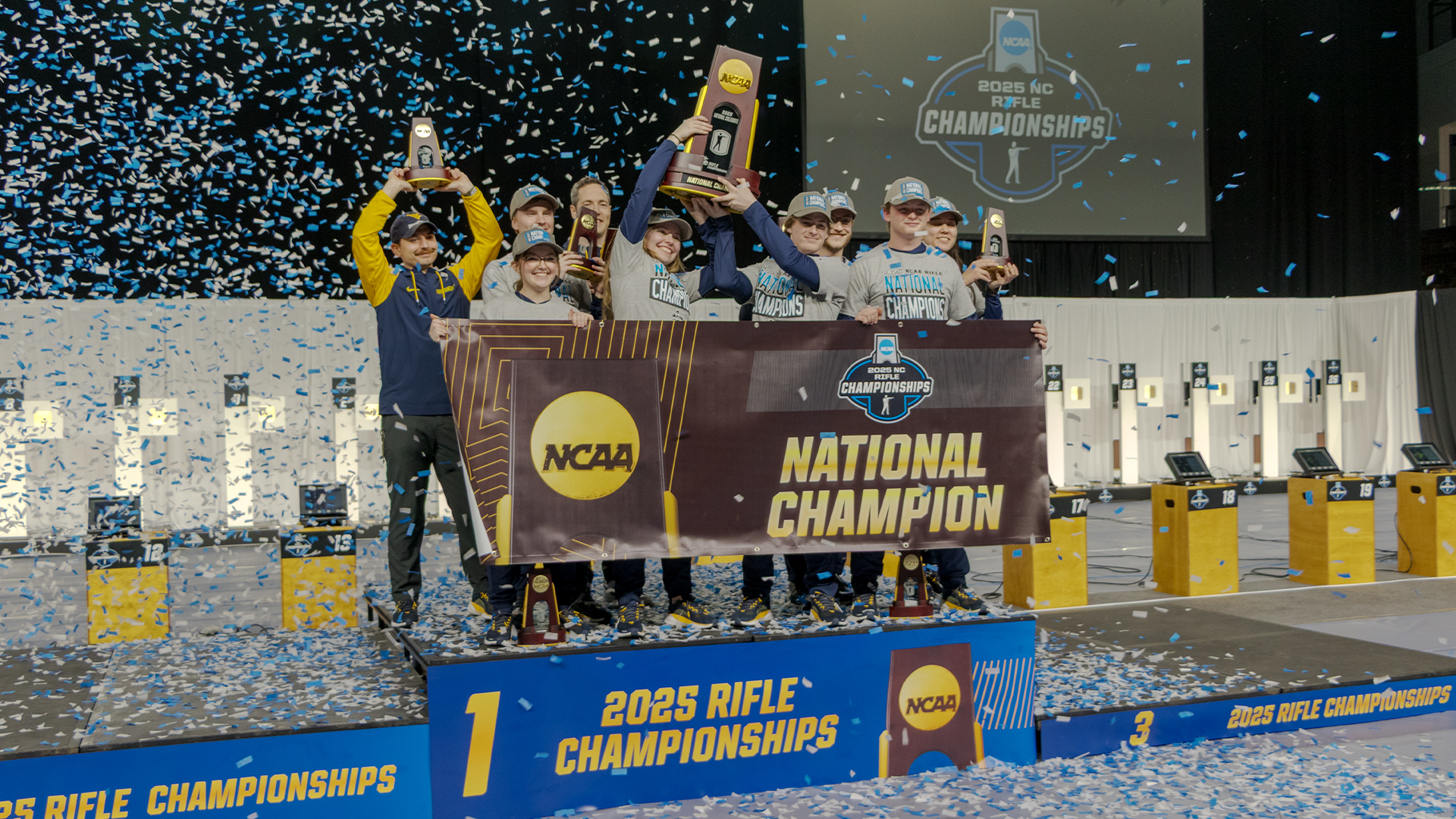
American high school students are picking up shotguns and heading to the range, as clay shooting organizations report an uptick in the number of high school aged participants.
The Scholastic Clay Target Program (SCTP) focuses on providing Trap, Skeet and Sporting Clays as well as the Olympic disciplines of Bunker Trap, Trap Doubles and International Skeet to kids ranging from elementary grades through high school and college. SCTP currently boasts 16,000 student-athletes, but says that interest has steadily climbed over the past six years with membership increasing 12 to 20 percent.
Tom Wondrash, national director for the SCTP, said the boost in membership isn’t surprising given that the shooting sports offer a more inclusive environment for high school students.
“Not only is clay target shooting fun, it is ‘all inclusive.’ Meaning that, it doesn’t matter if the athletes are boys or girls, tall or short, heavy or thin, fast or slow―it makes no difference,” he emphasized.
A 2016 survey by the National Shooting Sports Foundation revealed that the SCTP and sister organization, the Scholastic Action Shooting Program both welcome diversity into the shooting arena. The study revealed that while males still continue to constitute a majority of SCTP participants, females aren’t too far behind making up 38 percent of student-athletes.
In addition to welcoming students of varying backgrounds, Wondrash added that clay shooting also gives each teen their moment to shine on the field―an aspect more traditional high school sports rarely offer.
“I personally feel that the appeal or advantage of the shooting sports is this: when kids play other ‘stick and ball’ sports, they practice usually all week, many times for two to four hours a night after school. Come game day, only a select few actually play! Many of these athletes, for various reasons not always due to ability, sit the bench in favor of others getting all the play time. What parent, let alone the athlete, wants to attend a game where they watch their son or daughter sit and watch while their teammates have all the fun?” Wondrash explained. “The shooting sports allow all athletes to compete at every tournament!”
John Nelson of the U.S. High School Clay Target League said that every student gets a chance in the limelight because clay shooting isn’t limited in terms of players or positions. Instead, shooting sports teams can take on as many athletes as they want.
“The League’s largest team size was 118 [participants],” Nelson commented.
The U.S. High School Clay Target League, which brings clay shooting to area high schools, also reported a spike in membership over the past few years. The League says that while athlete numbers are in the thousands, membership is continually expanding making it one of the fastest growing sports among high schools.
Nelson said that inclusivity is one of the big players in why teenagers turn to clay shooting, but that the sport also delivers peace of mind to parents looking to enroll their kids in a safe activity. With coaches and volunteers on hand to teach and oversee safe gun handling practices, the U.S. High School Clay Target League says clay shooting is one of the safest sports for teens to participate.
“There’s been no reported injuries in 30 million shots fired in nine years,” Nelson said.
The SCTP also flaunts an impeccable safety record, even during National Championships when nerves are high and millions of clays are tossed.
“Last July at our National Championships, we threw 1.4 million clay targets without one single safety issue or problem,” Wondrash commented.
For teens who compete throughout their high school career, SCTP says shooting offers longevity paired with opportunities. Just like any other high schooler preparing for upcoming college applications, the shooting sports grant another means for teens to tackle college tuition. The influx of youth shooters has given rise to shooting scholarships, with many universities supplying financial incentives for athletes.
“I believe the college-level athletes are coming from our high school aged athletes moving on and wanting to continue their shooting careers,” Wondrash explained. “As a result, many more colleges―including two-year colleges―are adding shooting scholarships to their list of scholarships.”
With skills that stand the test of time, friendships forged through friendly competition, and the ability to further education and skills, SCTP and the U.S. High School Clay Target League both expect to continue to see an upward trend in the number of youth shooters gracing the range and downing clay targets.
Lead photo: Copyright Paul Erhardt 2017. Photograph taken at Cardinal Shooting Center.


































